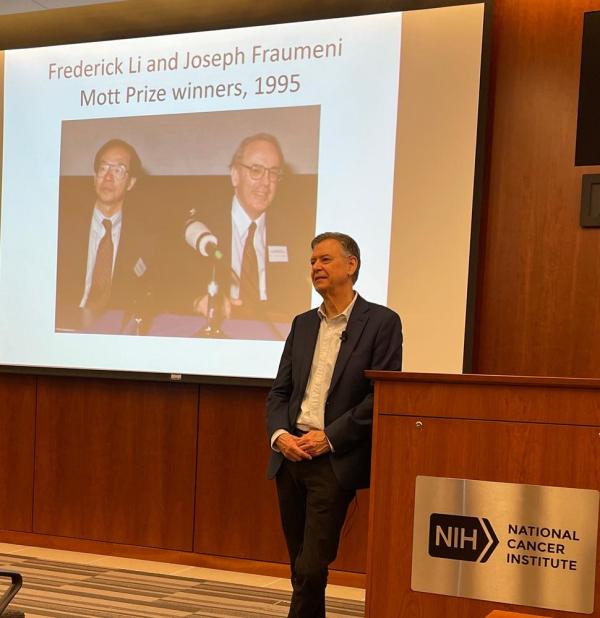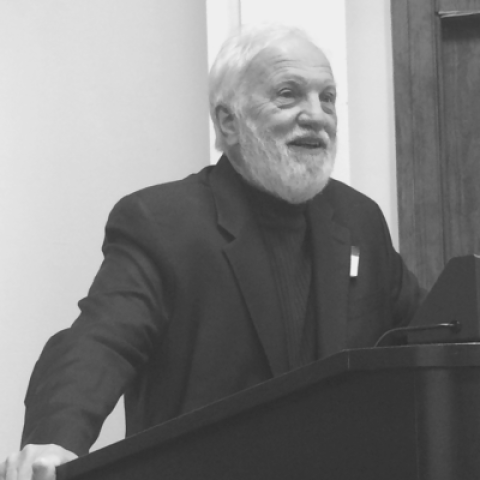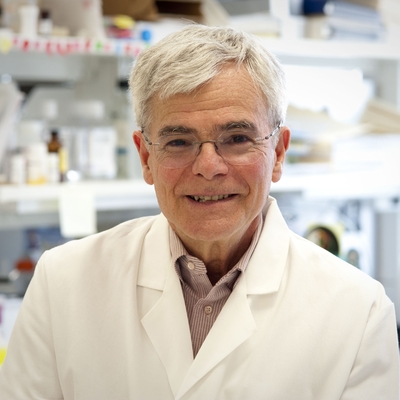IRP Staff Blogger
Hello! Thank you for visiting the I Am Intramural Blog. Our goal is to bring you thoughts and experiences from scientists and clinicians of the NIH Intramural Research Program. If you have questions about the blog, please email IRPinfo@mail.nih.gov.
Posts By This Author
This page was last updated on Thursday, January 20, 2022










